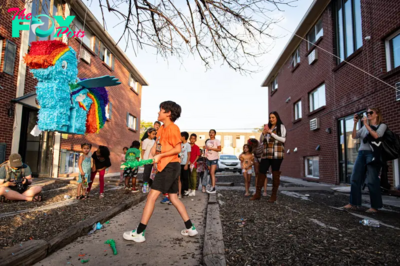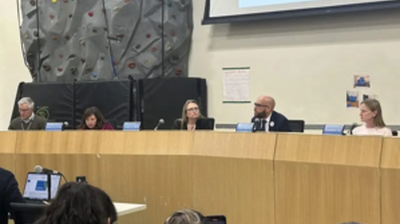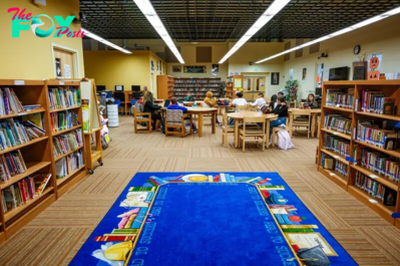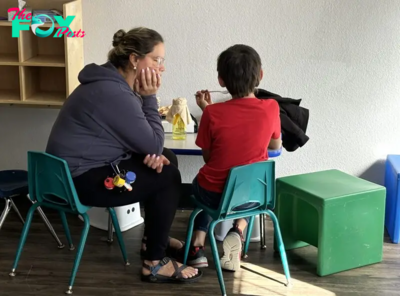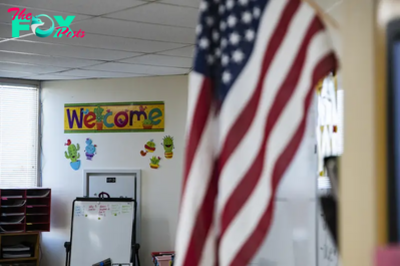Education
Colorado avoided big funding cuts for schools. But relief for districts could be short-lived.
Colorado lawmakers averted the potential for serious funding cuts for schools after passing a set of modest property tax cuts during the special legislative session in August. But the relief for school districts could be short-lived.
A tight state budget forecast and competing funding priorities are stoking fears that Colorado elected leaders could drop their pledge to begin ramping up funding for schools next year.
A new funding formula — signed into law in May after three decades of little change to the way Colorado distributes money to schools — was celebrated by a bipartisan group of lawmakers as a landmark accomplishment of the 2024 legislative session. The new approach added to momentum for school finance after Gov. Jared Polis and legislators pledged to fund schools to the level required by the state constitution for the first time since the Great Recession, eliminating the state’s persistent school funding shortfall.
But the latest state budget projections have cast uncertainty over whether Colorado will have the ability to pour $91 million more into the state’s K-12 public and charter schools next year as it begins to phase in the new student-focused funding formula that promises an additional $500 million over six years.
“My understanding from even the June forecast is it’s doubtful that we’ll be able to fund this new school finance formula,” Republican state Sen. Barbara Kirkmeyer, of Brighton, told The Colorado Sun. “What’s going to be a problem for the new formula is what comes up in these next forecasts and what kind of funds actually come in for the state.”
She referred to the potential shelving of the new school funding formula as “the quiet part that wasn’t being said out loud.”
Kirkmeyer, who is also a member of the powerful Joint Budget Committee, said that while schools are her top priority, she is also primarily focused on funding them by following the constitution, which requires the state to increase total school funding every year based on the rate of inflation plus population growth.
Colorado is expected to be $400 million to $500 million short in its budget, Kirkmeyer said, citing the June forecast. That means the state can’t carry over funding for all the programs spelled out in this year’s budget, she said.
Compounding the budget crunch is the need to address other state funding priorities, such as Medicaid, Kirkmeyer said.
“There has to become a reality check between revenues that are coming in and services that we can actually provide,” she said.
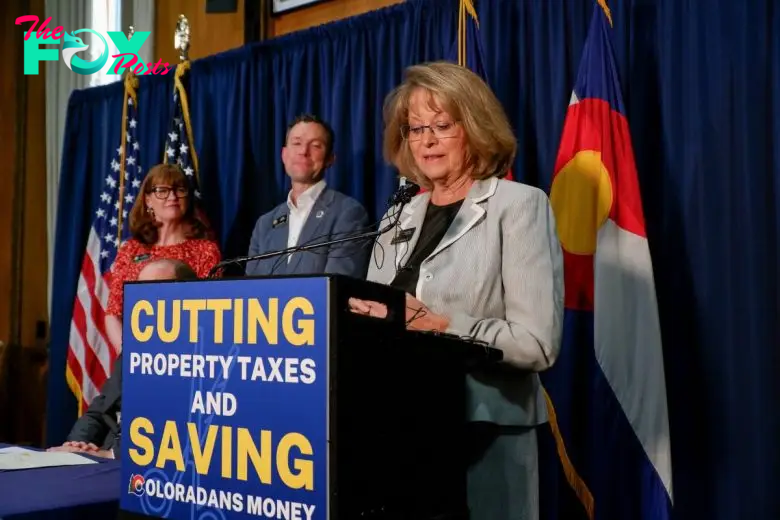
Scott Smith, chief financial and operating officer for Cherry Creek Schools, said the property tax cuts passed during the special legislative session offer a brighter funding outlook for schools than two measures removed from the November ballot as part of a deal negotiated among lawmakers, the governor’s office and conservatives outside the state Capitol. But the deal doesn’t fully preserve school funding. House Bill 1001 cuts school property taxes by $136 million in the 2025-26 school year, which will only be partially offset by additional state support.
“Our state was already in an incredibly tight budget situation, and this compromise only makes that worse,” Smith said. “And based on the last 15-year History, we know that when the budget is tight, cuts come to Education.”
He noted that it has been “made clear” that districts will most likely have to work within the constraints of the 1994 school finance act next year rather than under the new school funding formula, with the state committing to fund schools to the level mandated by the constitution.
The Office of State Planning and Budgeting is working on its budget process and will rely on the economic forecast being released next week to develop Polis’ budget proposal, which he will make public Nov. 1.
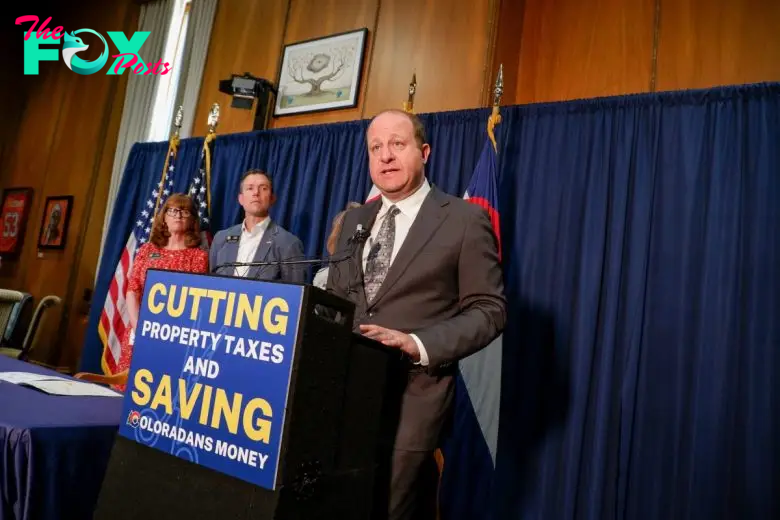
“While Colorado faces a tight budget environment and conversations around the budget are ongoing, Gov. Polis is committed to the elimination of the Budget Stabilization Factor and beginning implementation of the new student-focused school finance formula which will take several years to fully implement,” spokesperson Shelby Wieman wrote in a statement. “These investments will mean more money to support student achievement and a stronger future for Colorado.”
It’s also unclear whether the state will be able to afford other top education initiatives, including continuing to cover breakfast and lunch for all Colorado students no matter their income and providing more funding to schools for more students who come to school with additional challenges, said Tracie Rainey, executive director of the Colorado School Finance Project.
“I think the question is, does the state have enough funding to meet a variety of obligations that it’s promised, whether it’s around education or around other local governments?” Rainey told The Sun, noting that lawmakers have repeatedly looked to the state education fund to support a variety of programs in addition to school operations.
“That’s always the go-to place for money, but at this point I don’t know that there’s that much money there,” Rainey said.
The $500 million that is part of the new school funding formula only accounts for its implementation, Rainey noted, and does not account for money needed for inflation and population growth, money needed to fund at-risk students and funding needed to backfill school districts in light of changes in local property taxes.
-

 Education2d ago
Education2d agoPhiladelphia students have a new reading and writing curriculum − a literacy expert explains what’s changing
-

 Education2d ago
Education2d agoWhy school police officers may not be the most effective way to prevent violence
-

 Education5d ago
Education5d agoCampus diversity is becoming difficult to measure as students keep their race and ethnicity hidden on college applications
-

 Education6d ago
Education6d agoFederal judge rules that Louisiana shalt not require public schools to post the Ten Commandments
-

 Education6d ago
Education6d agoCampuses are ground zero in debates about antisemitism − but that’s been true for 100 years
-

 Education1w ago
Education1w agoSocioeconomic status explains most of the racial and ethnic achievement gaps in elementary school
-

 Education1w ago
Education1w agoMothers, metaphors and dyslexia: What language reveals about the challenges of a child’s learning disability
-

 Education1w ago
Education1w agoBrain-training games remain unproven, but research shows what sorts of activities do benefit cognitive functioning
